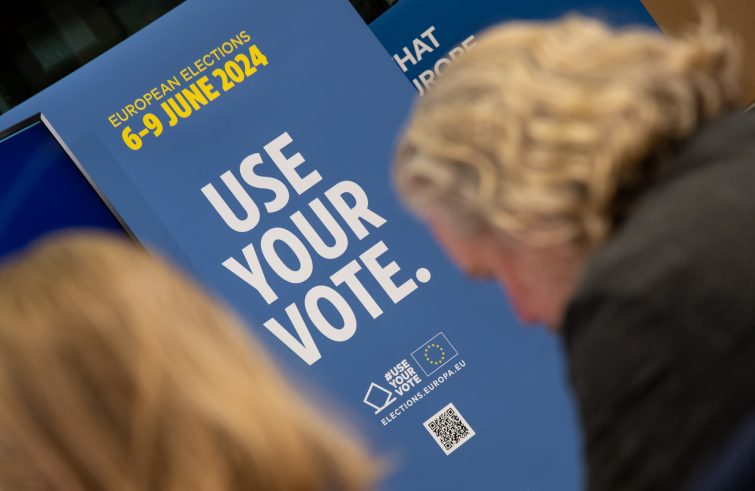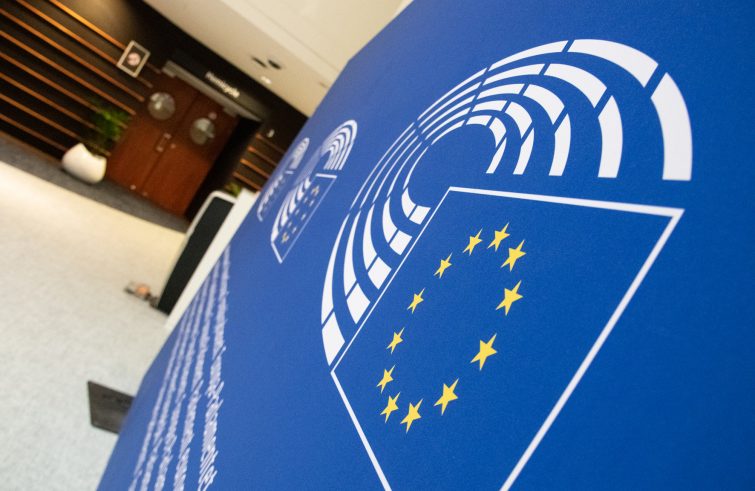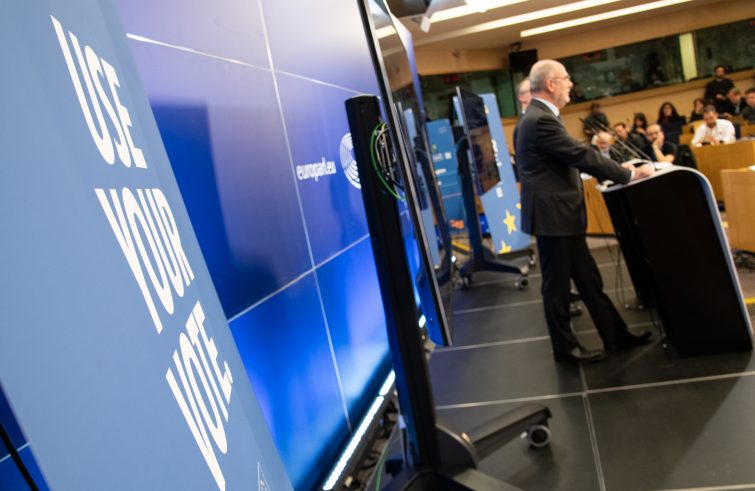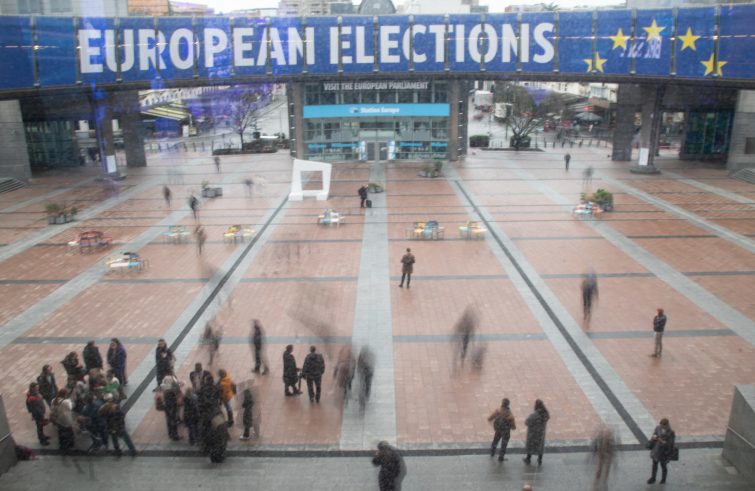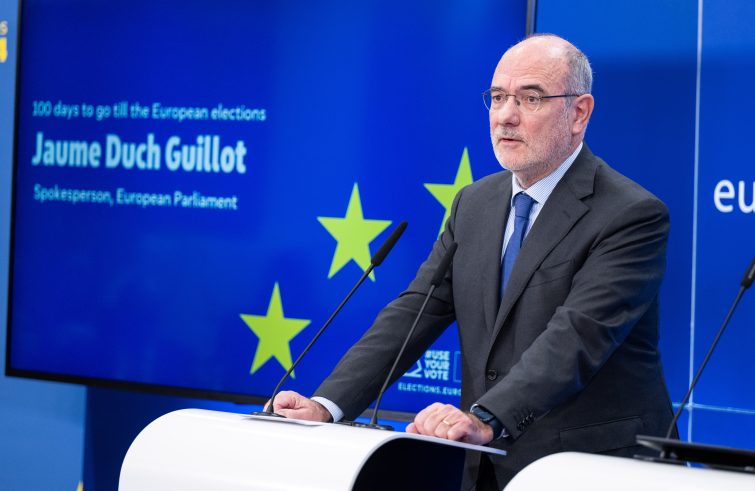
“Use your vote” is the slogan adopted by the European Parliament to invite the citizens of the 27 EU Member States to exercise their right to vote in the elections scheduled for 6-9 June (Italy will vote on Saturday 8 and Sunday 9). Exactly 100 days before the vote, SIR interviewed Jaume Duch, Director General for Communication at the European Parliament.
Why should EU citizens go to the polls in 100 days?
Because participating in elections means using our vote to make decisions. What kind of decisions? Firstly, it means choosing our representatives in the European Parliament – i.e. the MEPs who will be taking important decisions on our behalf. At the same time, it means choosing which political priorities and solutions are most in line with our personal convictions. Of course, the European Union is a democracy. And the same arguments that apply to voting in local or national elections apply to the renewal of the European Parliament.
- Foto Calvarese/SIR
- Foto Calvarese/SIR
Is this democracy relevant to the lives of its citizens?
The EU has become a central part of our lives. Those who did not realise it five years ago have probably come to realise it over time. For example, when they saw how the EU handled Brexit; when they saw how it acted to fight the Covid-19 pandemic; when they saw how the EU stood united in solidarity with Ukraine under attack from Russia. Citizens have begun to realise that the EU now plays a fundamental role in our lives.
With the slogan “Use your vote”, institutional communication hopes to connect with millions of citizens.
We will have to reach out to 370 million people who have the right to vote for the renewal of the European Parliament. This is obviously a huge challenge. So we need help. First of all, we need the support of the media.
The media can help to keep us informed about European politics and also highlight the importance of the European elections.
As an institution we are also trying to engage with citizens, for example through social media. The latter have now become extremely important because millions of citizens use social media to be informed (and disinformed). We also have young people helping us, as well as associations, organisations and institutions, the European Commission, many Member States… The European Parliament will have to run this campaign together with a number of other key players.
- Foto Calvarese/SIR
- Foto Calvarese/SIR
What are the forecasts for the turnout?
With 100 days to go before the European elections, both opinion polls and the information coming in suggest that this time the turnout will be higher. Compared to the 2014 elections, a significant increase of 9 percentage points in participation was recorded in 2019, with 51% of European citizens casting their ballot. But we believe that this percentage can still increase. That’s why the next 15 weeks are critical to ensure that all citizens who say ‘yes, I will vote’ will ultimately remember to go to the polls.
It is widely believed that disinformation and fake news could undermine this democratic process. What is your view on this?
Disinformation is a serious problem, as we have seen in the national elections of many countries over the past few years. The spread of disinformation, of fake news, of falsehoods through social media has had political consequences.
So we have to be prepared to fight disinformation at European level.
This is a very challenging task. It is something that we must all tackle together as part of our civic responsibility: the mass media, public authorities, fact-checkers and all those involved in the fight against disinformation. This includes the internet giants. European legislation requires them to monitor the material they disseminate to European citizens.
If you were to send a message – via SIR – to the young people called to vote, what would you say?
I would say that this time the European elections will be important in terms of the direction of our journey: whether we will be moving together for the next five years and beyond, or whether each of us will be pursuing a different path.
If there’s a part of society that’s going to bear the positive or negative consequences of these elections and decisions, it’s going to be young people, especially the youngest, who will be voting for the first time.
Young people are also the most “European” part of the population, because they were born in a European environment, where everything that is “European” is “normal”. But it is necessary to understand that we don’t know whether the things we have today, also thanks to the European Union, will be available to us in 5 or 10 years. Suffice it to mention what happened in the UK with Brexit, where young Britons lost the benefits and opportunities that you, young Europeans, can count on. So yes, European elections are important and probably on a par with national elections.

